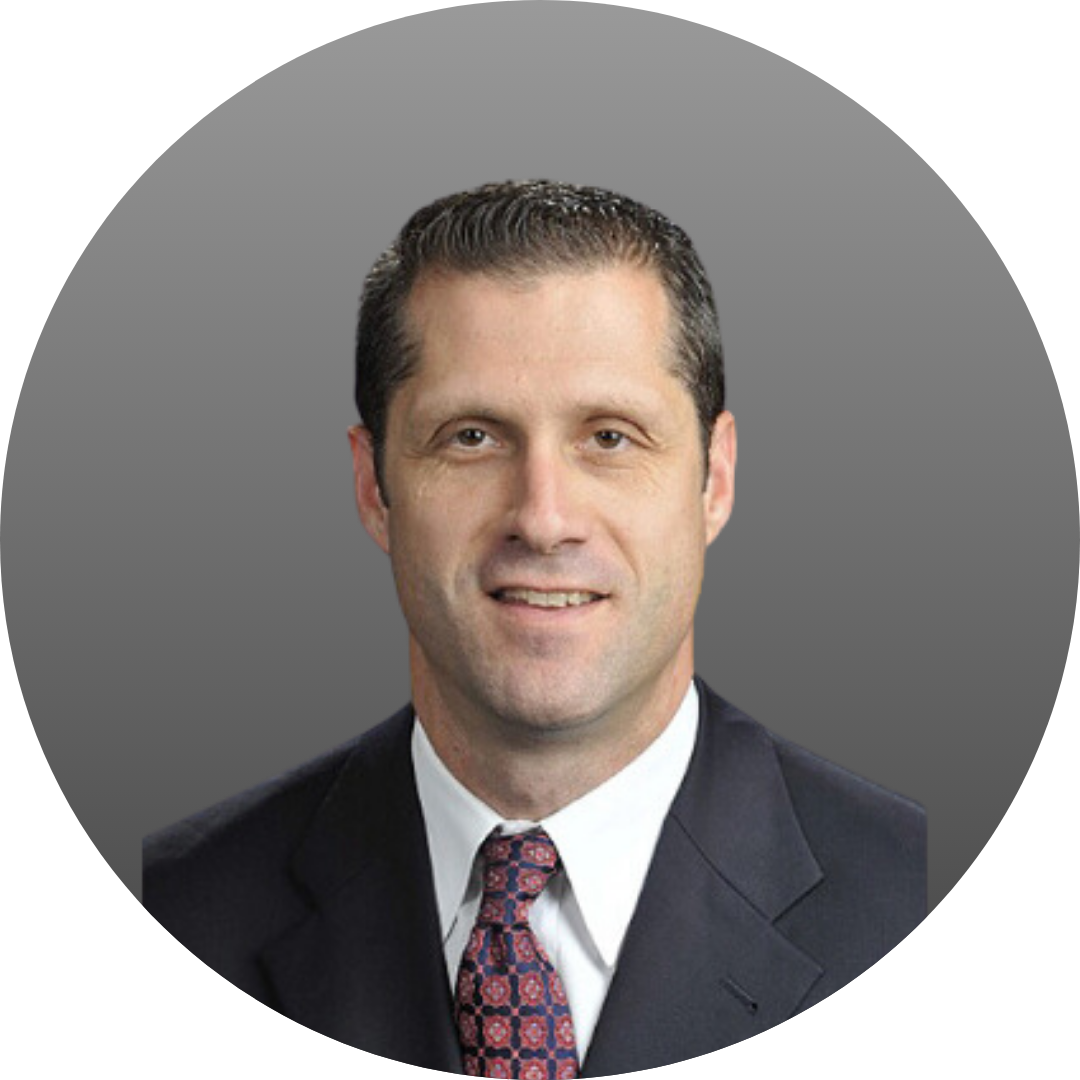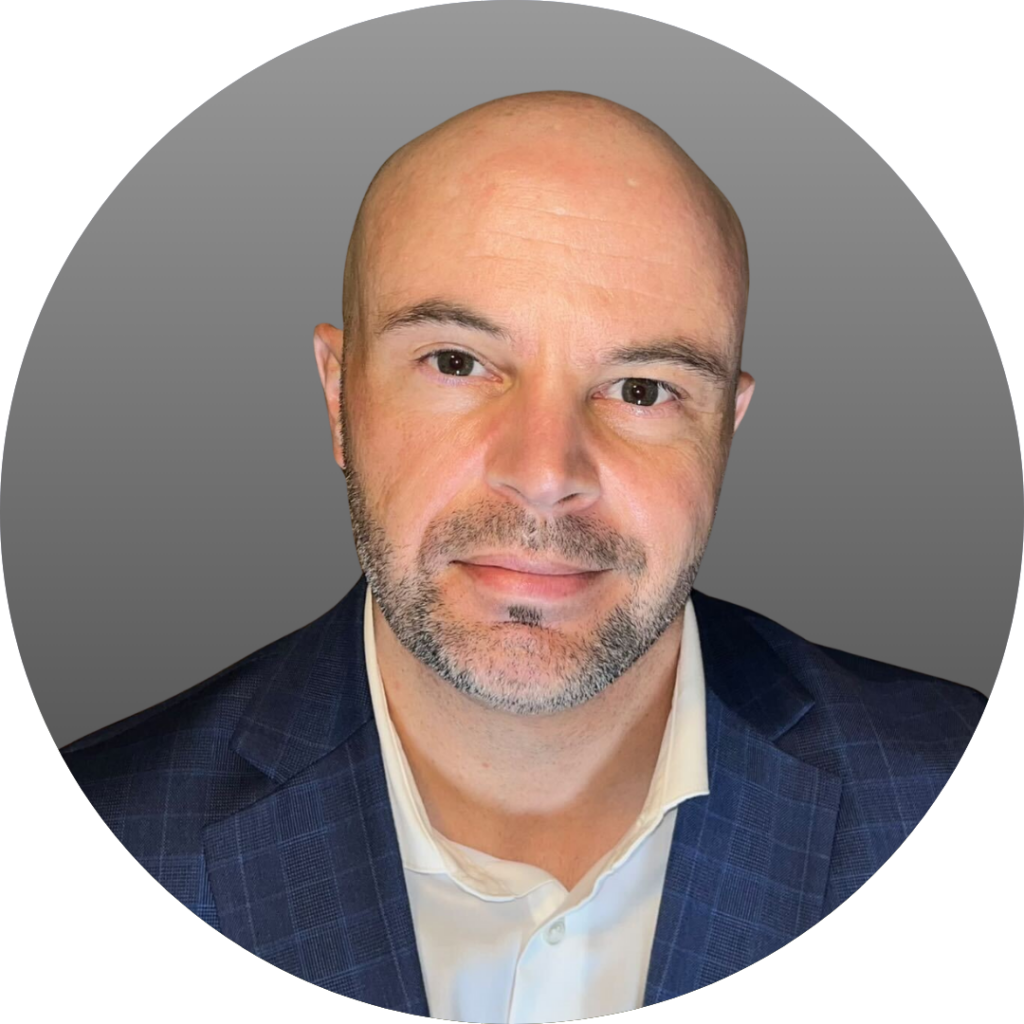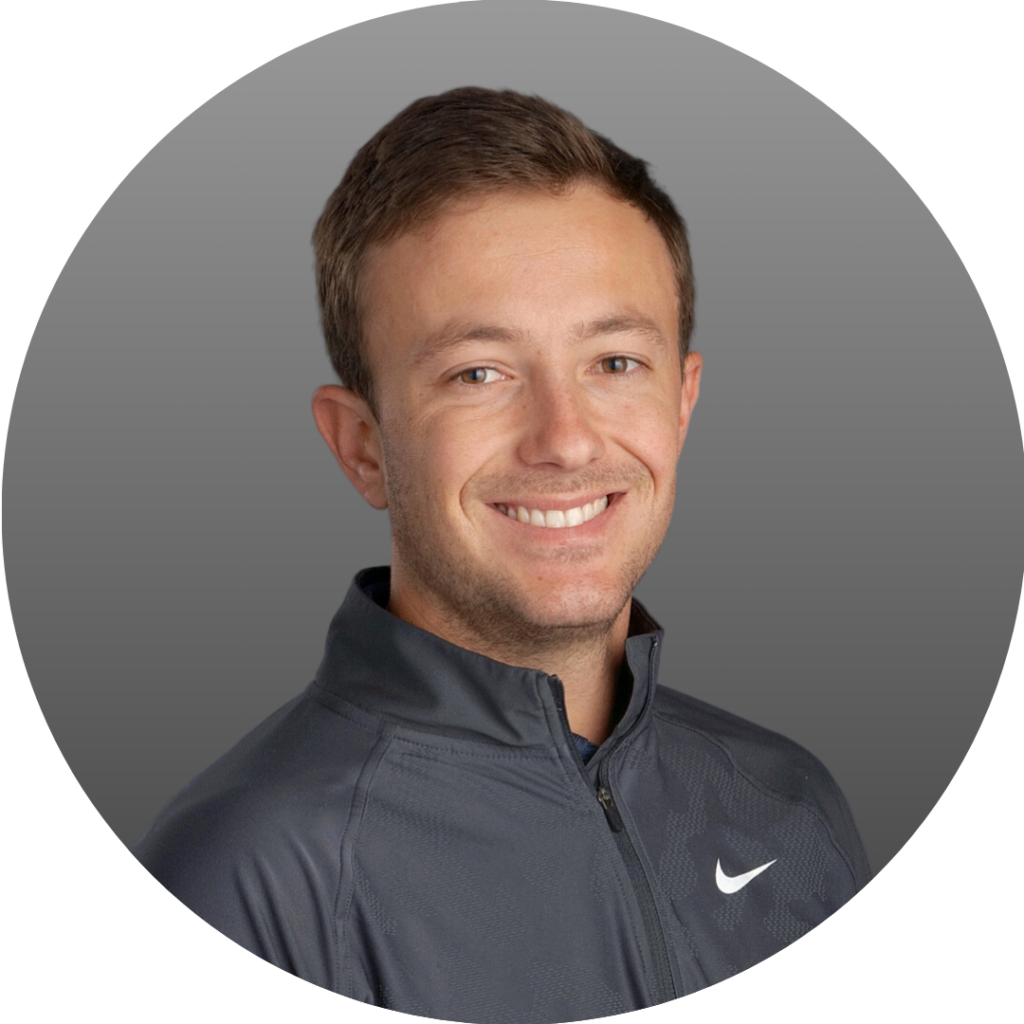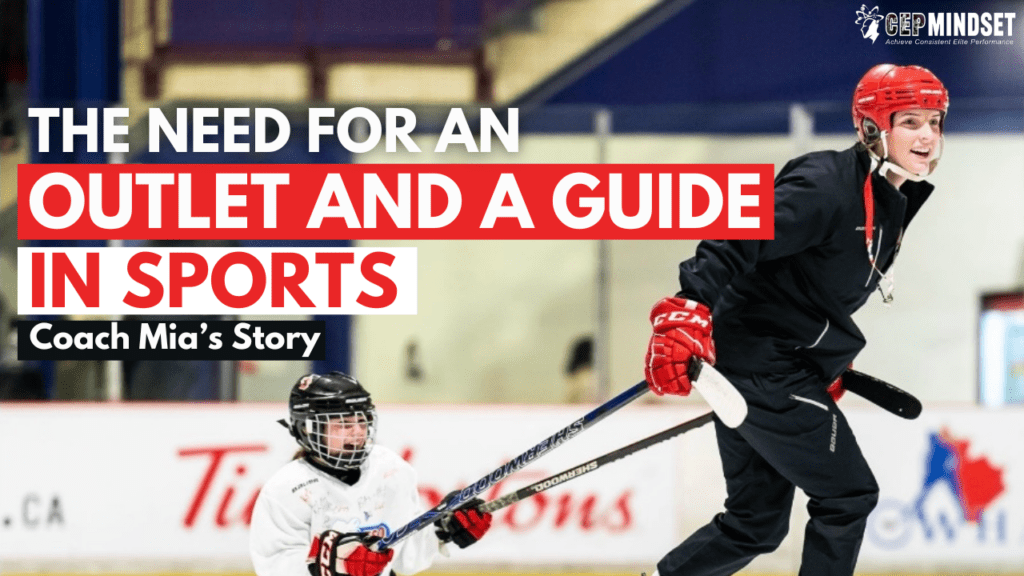
I grew up in the typical hockey family, with two older brothers that were incredibly talented, a forward and a defenseman to learn from. I was also fortunate enough to have a “hockey-dad” who coached me and my friends for years before moving to the U22 league at the age of fifteen. This is when I started to take my training to the next level and I started to believe I could make it to the university level.
The ‘Ah-Ha’ Moment
The summer before playing U22, I attended Brian O’Riellys summer hockey camp, as one of two females, alongside my brother and other OHL / Major Junior prospects.
Intimidated, I tried my hardest to keep up with the boys.
After long hard training days, Coach “Bri”, who was a performance life coach, gave speeches on sport perseverance, mental toughness and being a good athlete and person.
These talks altered my life indefinitely, it gave me insight into what mental performance training is and could do for me as a young athlete moving towards a university career.
From that camp forward, not only did I decide to fully dedicate myself to my sport and make it to the next level, it made me want to pursue a career in sports psychology. I too had a passion for helping people, especially athletes, believe that they could get anywhere they wanted in their lives and achieve their greatest sport goals.
Unfortunate Events Piled Up – Adversity
However, in my last year of high school, I was involved in an accident that took me out of sport for the majority of the season. This accident gave me many mental struggles when trying to get back into playing shape. I then committed to a newly appointed NCAA Division 1 league university team, not fully knowing exactly what the year ahead of me would entail.
Unfortunately, fresh off of months leave from the ice, I found myself on an underdeveloped and unorganized team. My gameplay took a major downhill turn. I went from a confident blue-liner that could see the ice well and move the puck fast, to a nervous, unsure defender, often making unconfident plays. My skating and puck skills also took a hit and I was at the lowest point of my career, on the verge of quitting all together.
The Covid pandemic inevitably sent me home and made my transition to move back to Canada a lot simpler. From there, I then had to commit to a comeback journey.
Fresh Start
Through self-directed training during lockdown, I took the year of 2020 to recover my hockey career. Despite the major adversities, I embraced the physical and mental training necessary to make Brock U. After a tough summer of catchup and a tough tryout process, I made the Brock team as a “walk-on”.
I thought I was back in business! Believing that my career was “saved”, I realized that my game play was still a little behind my peers after being away from the rink for close to a year at that point.
For the next three years, I battled physically and mentally, trying to improve and outperform my teammates to earn a spot on the game day roster. I was a healthy scratch for the majority of my university career at Brock, never a regular but always prepared to go when put into games.
I continuously struggled with my sense of worth as an athlete and in my ability to play consistently and confidently when thrown into the lineup, while also being a positive teammate when in the stands.
The anxiety and insecurity I felt during practices when trying to earn my spot for the weekend’s games was beyond overwhelming. I lacked confidence and a sense of belonging, something I was searching for externally instead of internally.
It was a struggle for me day in and day out, so I leaned on teammates and family for support, but someone that made the world of difference for me was my mental performance coach.
The “Outlet”
I felt relief about myself as a hockey player and my gameplay when working with the sport psychologist for our team. It was through him that I felt heard and able to perform at the level I knew I was capable of. We would chat weekly, discussing tools to play more consistently, and simply let go of the unrealistic expectations I set for myself.
Near the end of my career, I can confidently say I transformed into the player I knew I always was. It left me with the confidence that I did everything in my power to complete this comeback journey I had set out for three years prior.
The Next Journey
As a retired USPORT player, I truly have been on all ends of the spectrum when it comes to team dynamics. Now, it is my goal to help athletes not only achieve optimal performance and reach their goals, but to make them feel heard and seen on their sport journey, just as the Mental Performance Coach I had did for me.
My biggest takeaway is that you’re never alone no matter where you are in your sport and in life, somebody is always there to listen and offer guidance.
I firmly believe working with a Mental Performance Coach leads you to a much more fulfilling, rewarding, and enjoyable sport experience, and it’s my mission to be that person for my clients.

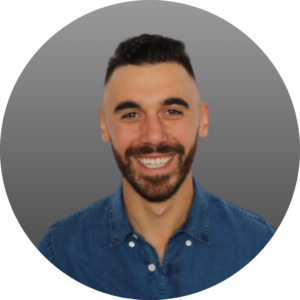 Nicholas is a Senior High-Performance Coach and holds a doctorate in Sport & Exercise Psychology. From his specialized psychology research program, to his PhD studies, Nicholas has gained a tremendous foundation of knowledge and appreciation for the human experience. His passion for psychology has accumulated to a commitment to studying and applying performance psychology and stoicism. This commitment has led Nicholas to conduct many research studies focusing on understanding why and how some people thrive and prosper while others do not. His admiration for evidence-based solutions has propelled Nicholas to produce studies revolving around mindfulness, grit (perseverance and passion), performance, quality participation, social relationships, and well-being.
Nicholas is a Senior High-Performance Coach and holds a doctorate in Sport & Exercise Psychology. From his specialized psychology research program, to his PhD studies, Nicholas has gained a tremendous foundation of knowledge and appreciation for the human experience. His passion for psychology has accumulated to a commitment to studying and applying performance psychology and stoicism. This commitment has led Nicholas to conduct many research studies focusing on understanding why and how some people thrive and prosper while others do not. His admiration for evidence-based solutions has propelled Nicholas to produce studies revolving around mindfulness, grit (perseverance and passion), performance, quality participation, social relationships, and well-being. A Native of Quebec, Sara was part of the St. Lawrence University Women’s Ice Hockey team that competed in the NCAA Division 1 hockey league ECAC. During this time, Sara helped her team appear in four ECAC Hockey Tournaments and two NCAA Frozen Fours, and was a four-time member of the ECAC Hockey All-Academic Squad. Following her career at St. Lawrence University, Sara played one year of professional hockey with Lugano, where she truly honed her skills in understanding the intricate connection between mindset and performance.
A Native of Quebec, Sara was part of the St. Lawrence University Women’s Ice Hockey team that competed in the NCAA Division 1 hockey league ECAC. During this time, Sara helped her team appear in four ECAC Hockey Tournaments and two NCAA Frozen Fours, and was a four-time member of the ECAC Hockey All-Academic Squad. Following her career at St. Lawrence University, Sara played one year of professional hockey with Lugano, where she truly honed her skills in understanding the intricate connection between mindset and performance.
 Blair has over 13 years of experience as a Professional Dancer, Assistant Dance Captain & Cast Manager, as well as an additional 17 years of training. Over the last 3 decades, she has lived and experienced first hand the highest of highs & lowest of lows that come with pursuing a career in the Performing Arts.
Blair has over 13 years of experience as a Professional Dancer, Assistant Dance Captain & Cast Manager, as well as an additional 17 years of training. Over the last 3 decades, she has lived and experienced first hand the highest of highs & lowest of lows that come with pursuing a career in the Performing Arts.

 Natasha Habert draws from her training in sport and performance psychology, personal experiences as a competitive athlete, and deep passion for consistent high performance. She is a lifelong athlete and high performer, excelling in volleyball as both a player and coach.
Natasha Habert draws from her training in sport and performance psychology, personal experiences as a competitive athlete, and deep passion for consistent high performance. She is a lifelong athlete and high performer, excelling in volleyball as both a player and coach. Luciano’s hockey career is highlighted by his time playing college at the University of Victoria and two professional seasons in Europe. Throughout his career, he struggled with performance anxiety, a lack of consistency, fluctuations in confidence, and being caught in the results trap. This eventually led him to deviate from the main reason why anyone should play sports – for the enjoyment of the game. As a former athlete, Luciano has a unique understanding of the psychological pressures and struggles that athletes experience.
Luciano’s hockey career is highlighted by his time playing college at the University of Victoria and two professional seasons in Europe. Throughout his career, he struggled with performance anxiety, a lack of consistency, fluctuations in confidence, and being caught in the results trap. This eventually led him to deviate from the main reason why anyone should play sports – for the enjoyment of the game. As a former athlete, Luciano has a unique understanding of the psychological pressures and struggles that athletes experience. Alexis Woloschuk is a name synonymous with mental fortitude in the world of professional hockey. Throughout her career originating playing boys hockey, going to an academy away from home, playing her four years at Boston University and 7+ years in pro hockey she’s learned the importance of resilience, confidence, and dismissing both fear and other’s opinions. With a blend of relatability, confidence, and an acute understanding of playing to one’s potential, Alexis helps athletes reshape the way they perceive and harness the power of their minds.
Alexis Woloschuk is a name synonymous with mental fortitude in the world of professional hockey. Throughout her career originating playing boys hockey, going to an academy away from home, playing her four years at Boston University and 7+ years in pro hockey she’s learned the importance of resilience, confidence, and dismissing both fear and other’s opinions. With a blend of relatability, confidence, and an acute understanding of playing to one’s potential, Alexis helps athletes reshape the way they perceive and harness the power of their minds.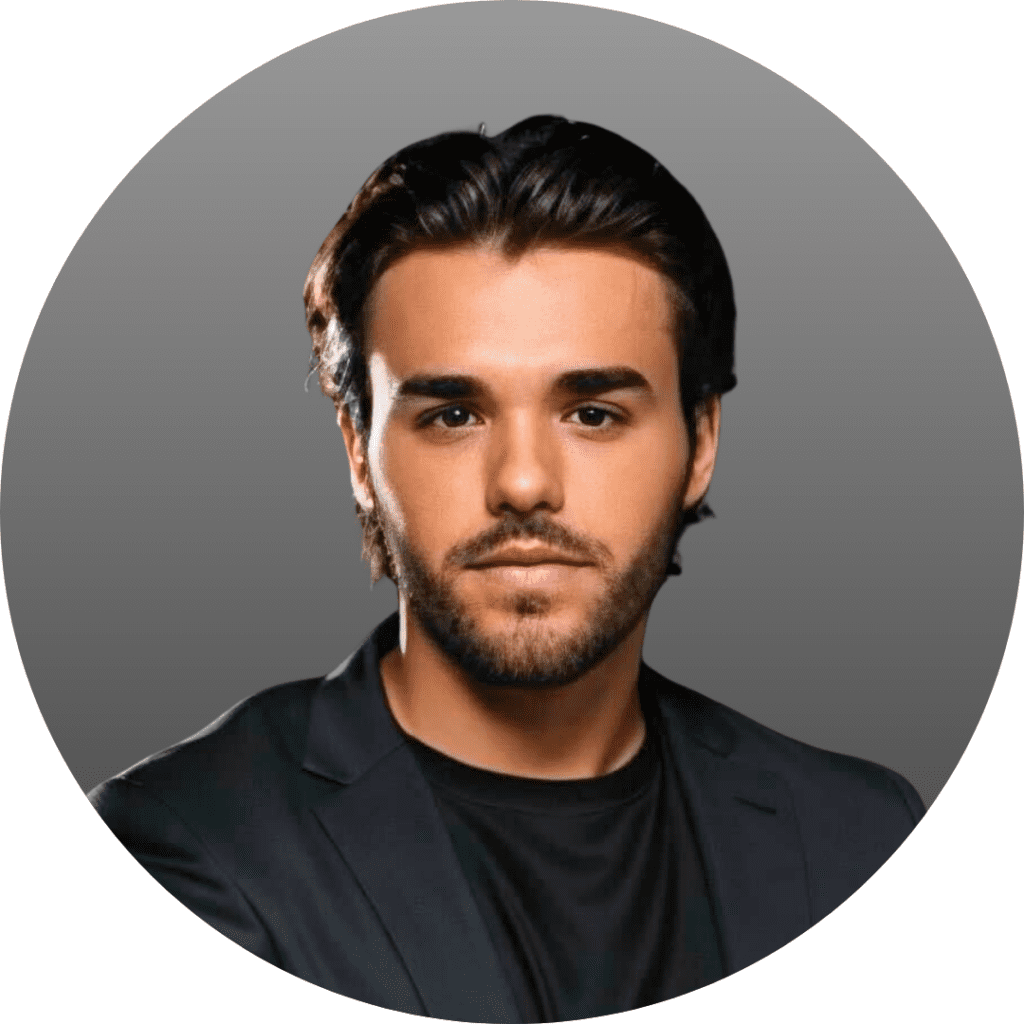 Sean Mahoney is a member of the Association for Applied Sport Psychology (AASP), and a Master’s candidate in the Sport and Performance Psychology program at the University of Denver. For as long as he can remember, Sean has been fascinated by human performance and how to gain an edge over the competition. For most of his athletic career, he focused on the physical aspect of performance but neglected the mental. Because of this, he struggled with performance anxiety, focus issues, and limiting beliefs pertaining to confidence and self-doubt. His lack of focus on optimizing his mental game prevented him from reaching his full potential.
Sean Mahoney is a member of the Association for Applied Sport Psychology (AASP), and a Master’s candidate in the Sport and Performance Psychology program at the University of Denver. For as long as he can remember, Sean has been fascinated by human performance and how to gain an edge over the competition. For most of his athletic career, he focused on the physical aspect of performance but neglected the mental. Because of this, he struggled with performance anxiety, focus issues, and limiting beliefs pertaining to confidence and self-doubt. His lack of focus on optimizing his mental game prevented him from reaching his full potential. Savannah Fitzgerald is earning her M.A. in Kinesiology, Sport Psychology Option at California State University, Fresno. Possessing an internal motor that fires her rage for success, Savannah forged this attribute over five years while competing as an NCAA D-I water polo player and swimmer. Combined with her opportunity to represent and compete for the United States, she feels that sport has significantly impacted her professional development. Due to her personal experience playing at all levels, Savannah’s passion for mental performance began when she struggled to overcome pre-competition nerves and post-competition processing. When she discovered a world out there that people were referring to as ‘sport psychology,’ she felt like a piece of her brain was unlocked. Reality shifted as she stumbled into a space consisting of the most beautiful blend of elite performance, mental well-being, and athletics.
Savannah Fitzgerald is earning her M.A. in Kinesiology, Sport Psychology Option at California State University, Fresno. Possessing an internal motor that fires her rage for success, Savannah forged this attribute over five years while competing as an NCAA D-I water polo player and swimmer. Combined with her opportunity to represent and compete for the United States, she feels that sport has significantly impacted her professional development. Due to her personal experience playing at all levels, Savannah’s passion for mental performance began when she struggled to overcome pre-competition nerves and post-competition processing. When she discovered a world out there that people were referring to as ‘sport psychology,’ she felt like a piece of her brain was unlocked. Reality shifted as she stumbled into a space consisting of the most beautiful blend of elite performance, mental well-being, and athletics.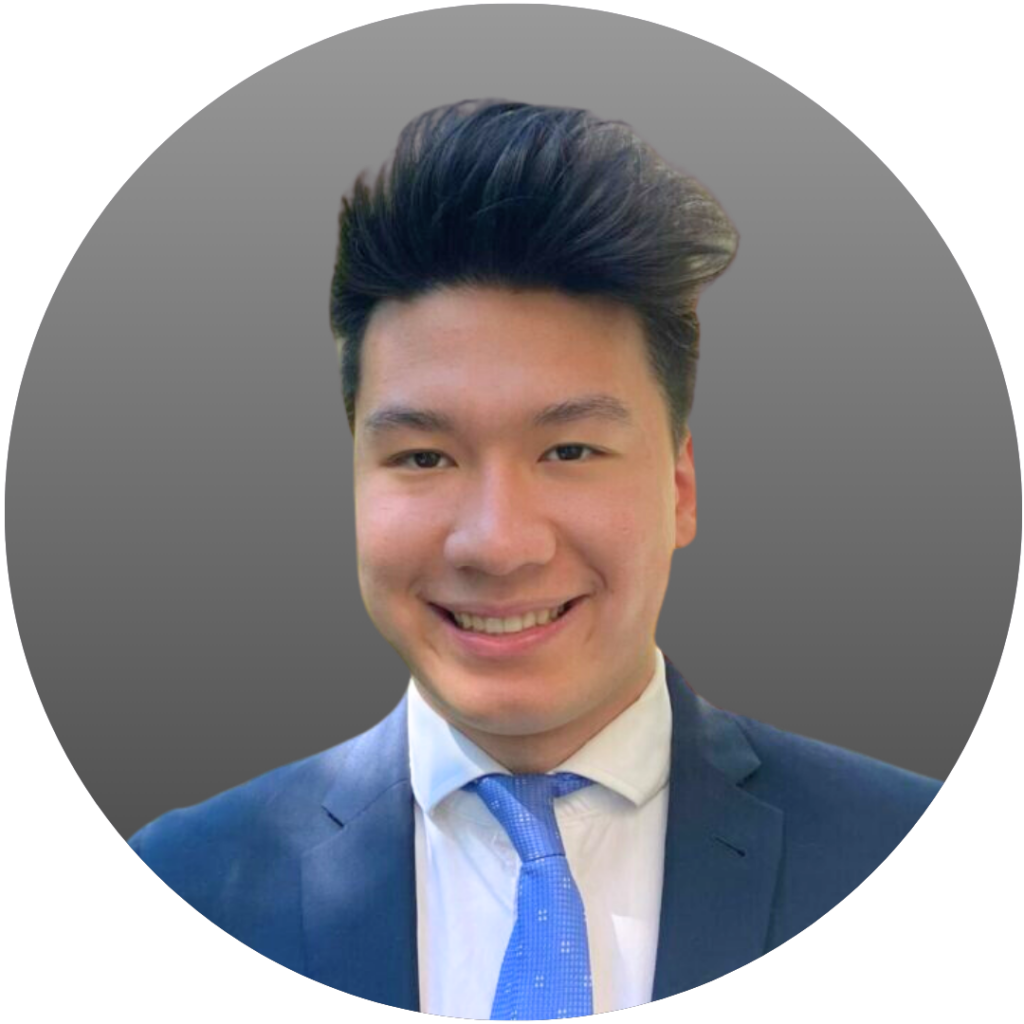 Gabe is currently completing his Master’s in Counselling Psychology at the University of Victoria. Although Gabe played several years of high-level baseball, including a stint in the British Columbia Premier Baseball League (BCPBL), he chose hockey as his sport to pursue at the highest level possible. Gabe went on to play four years of junior hockey with the Richmond Sockeyes in the Pacific Junior Hockey League (PJHL) while also coaching minor hockey. Prior to junior hockey, Gabe played 3 years in the Canadian Sport School Hockey League (CSSHL) where he experienced the pressures and expectations of moving on to the next level. During those three years, Gabe constantly compared himself to others and struggled with coping when things did not go his way. Over time, he learned how to focus on his own process and path to the next level, while also developing strategies to improve well-being.
Gabe is currently completing his Master’s in Counselling Psychology at the University of Victoria. Although Gabe played several years of high-level baseball, including a stint in the British Columbia Premier Baseball League (BCPBL), he chose hockey as his sport to pursue at the highest level possible. Gabe went on to play four years of junior hockey with the Richmond Sockeyes in the Pacific Junior Hockey League (PJHL) while also coaching minor hockey. Prior to junior hockey, Gabe played 3 years in the Canadian Sport School Hockey League (CSSHL) where he experienced the pressures and expectations of moving on to the next level. During those three years, Gabe constantly compared himself to others and struggled with coping when things did not go his way. Over time, he learned how to focus on his own process and path to the next level, while also developing strategies to improve well-being. Louie is a mental performance coach from Toronto, Canada with a professional hockey career spanning over 14 years. Being a standout player at the University of Michigan, Louie was a Hobey Baker finalist and a 1st team All-American, which led him to getting drafted by the Ottawa Senators and playing in renowned leagues across the globe, including the DEL, SHL, and AHL.
Louie is a mental performance coach from Toronto, Canada with a professional hockey career spanning over 14 years. Being a standout player at the University of Michigan, Louie was a Hobey Baker finalist and a 1st team All-American, which led him to getting drafted by the Ottawa Senators and playing in renowned leagues across the globe, including the DEL, SHL, and AHL.
 Mia Landry is a former varsity hockey player at Brock University, where she competed at the USPORT level and was part of the 2021-22 OUA gold medal team. Mia currently represents Canada on the Women’s National Ball Hockey team and is pursuing a Master of Kinesiology Sport Psychology at her alma mater. Her research focuses on areas such as team cohesion, group dynamics, leadership styles, and sports culture.
Mia Landry is a former varsity hockey player at Brock University, where she competed at the USPORT level and was part of the 2021-22 OUA gold medal team. Mia currently represents Canada on the Women’s National Ball Hockey team and is pursuing a Master of Kinesiology Sport Psychology at her alma mater. Her research focuses on areas such as team cohesion, group dynamics, leadership styles, and sports culture. As a former member of McMaster University’s women’s soccer team, Emilie intimately understands the demands and challenges athletes face on and off the field. Although she encountered many challenges as a high-level athlete, particularly struggling with self-doubt and overthinking, Emilie was able to make a remarkable transformation when she began to embrace the principles of sports psychology.
As a former member of McMaster University’s women’s soccer team, Emilie intimately understands the demands and challenges athletes face on and off the field. Although she encountered many challenges as a high-level athlete, particularly struggling with self-doubt and overthinking, Emilie was able to make a remarkable transformation when she began to embrace the principles of sports psychology.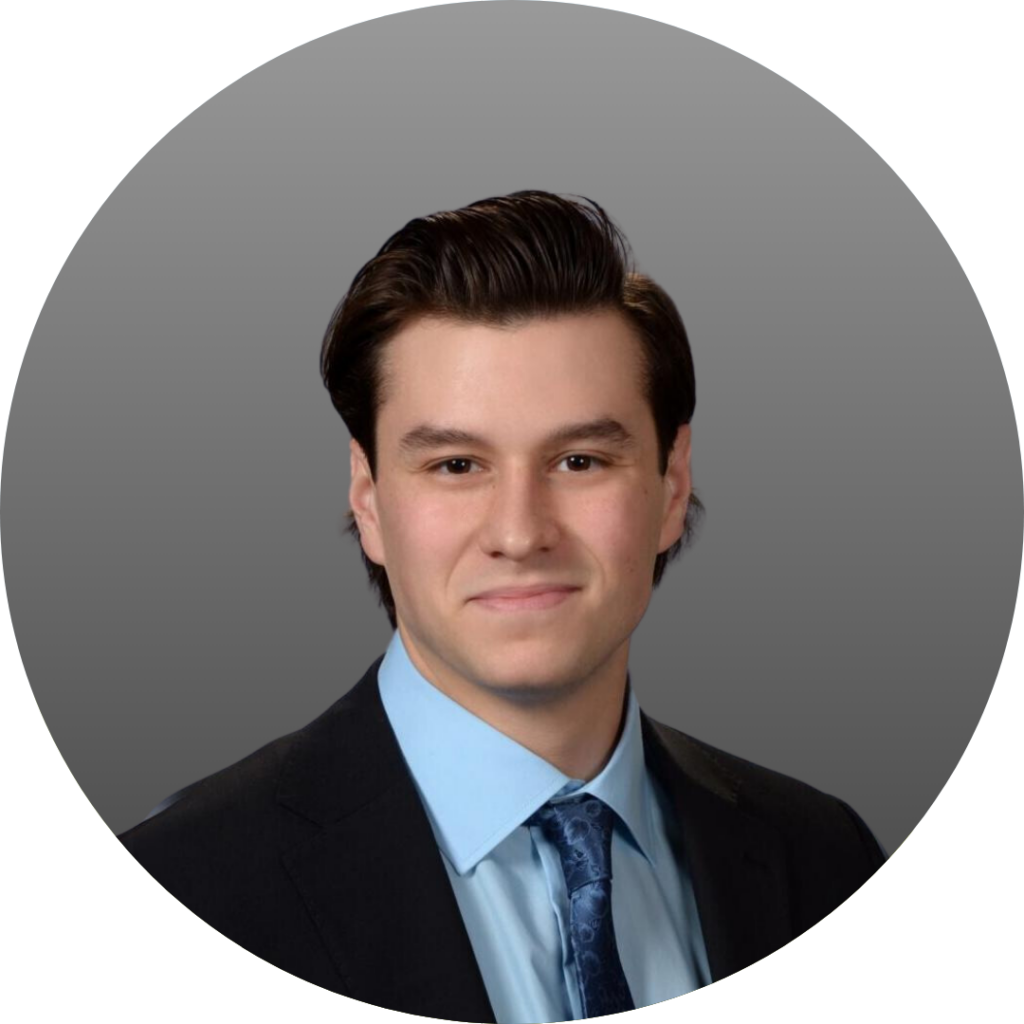 Max is currently attending William James College, where he is earning a Doctorate Degree in Clinical Psychology and a Masters Degree in Professional Psychology. During his time as an undergraduate student, Max was inducted into the International Honor Society in Psychology (Psi Chi), and played on the Quinnipiac University men’s club ice hockey team.
Max is currently attending William James College, where he is earning a Doctorate Degree in Clinical Psychology and a Masters Degree in Professional Psychology. During his time as an undergraduate student, Max was inducted into the International Honor Society in Psychology (Psi Chi), and played on the Quinnipiac University men’s club ice hockey team.
